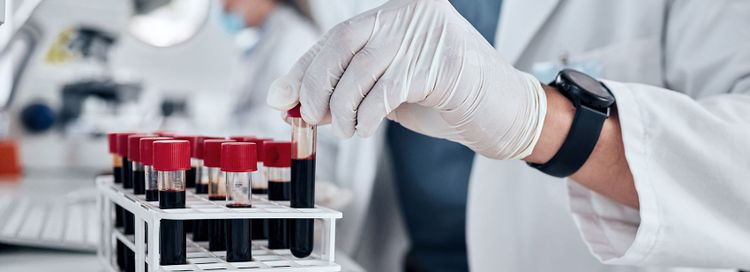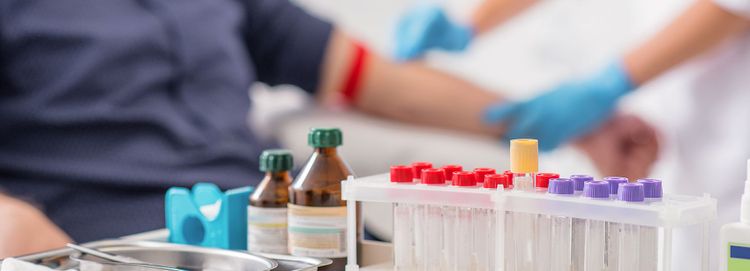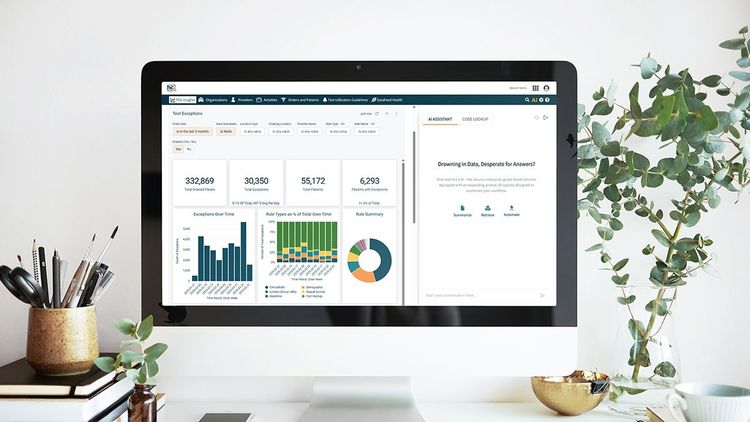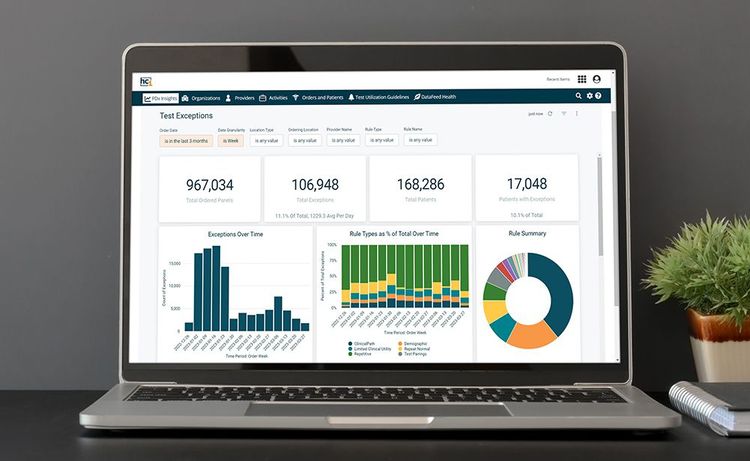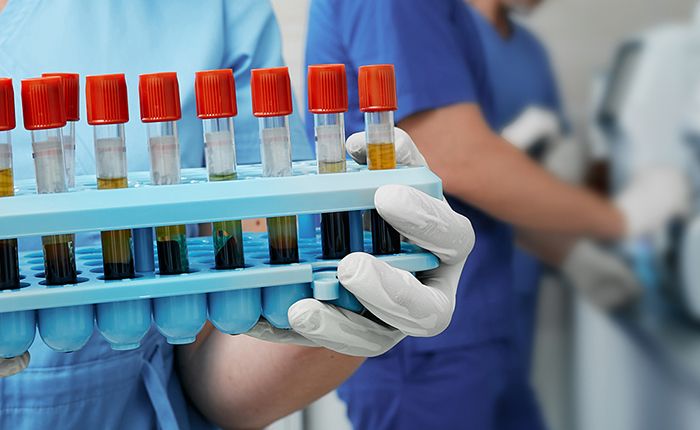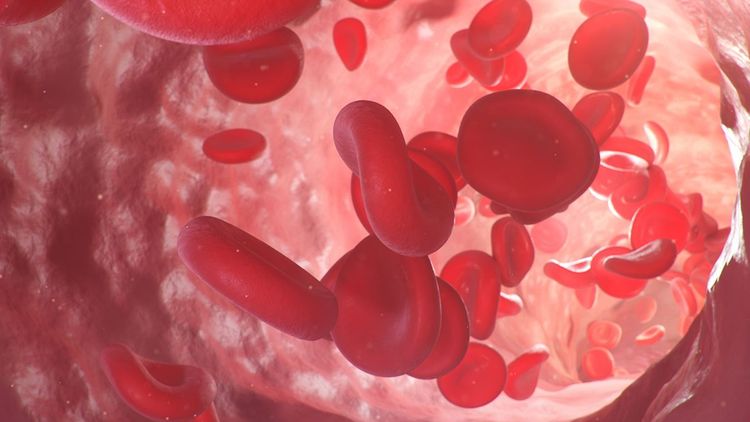April 2, 2025
Technology advances using artificial intelligence (AI) have been accelerating over the past year. The use of AI in healthcare is key from an organizational perspective, as AI models can quickly source answers to large questions from internet sources. The results, however, are often broad and unspecific to the audience initiating the conversation. From a laboratory data analytics perspective, this can be especially true when the lab is working within and across a healthcare organization to identify, define, and provide corrections or solutions for healthcare processes or best practices.
What is hc1 AI Assistant?
hc1 is excited to introduce AI Assistant, a new in-platform tool that uses a large language model (LLM) specific to the life sciences to provide a clearer, more specific outcome to conversations posed to an AI tool. AI Assistant is available at your fingertips, ready to participate in conversations applicable to the common operating processes involving laboratory data. Some examples include best practices for test utilization, lab stewardship committee formation and participation, and change management in a healthcare environment.
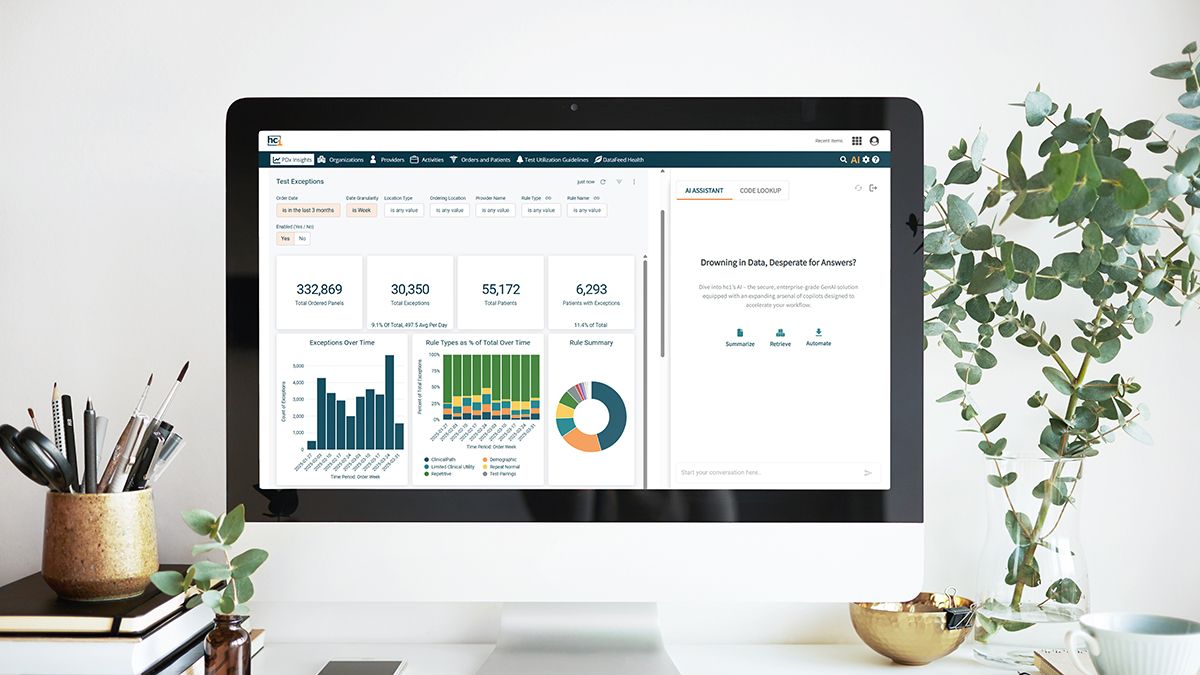
Are you looking for effective ways to implement change management that originate from your Lab Stewardship committee? Are you interested in starting or growing your outreach program to increase your lab’s financial value? Do you need some useful strategies to establish the essential value of the laboratory within your organization, supporting operational efficiency and patient satisfaction? AI Assistant is a curated source of information that can provide insight and recommendations in relation to all of those scenarios and more.
Why hc1 AI Assistant is Different
Unlike many AI tools that are free or automated in Internet browsers, hc1’s AI Assistant will not “crawl” your conversations – meaning, use them to learn from your interactions with the tool and use it to refine similar questions posed by other users. The life sciences LLM that supports AI Assistant has already precompleted a lot of that work for you, providing more concise, direct, and relevant information to conversations you initiate with the tool.
The Future of AI Assistant
While the current AI Assistant functionality is limited to conversations with the life sciences LLM and searches of various healthcare coding concepts, it lays the groundwork for more elaborate integration into both your healthcare organization and the hc1 platform of products.
Potential future enhancements include the ability for a customer to add their own sources to the existing life sciences LLM and have them be kept “in house” (not shared outside of your organization), or full integration with the data and hc1 products that are implemented at your organization to support concepts such as:
- Predictive analytics for laboratory test volumes
- Staffing evaluations based on test or departmental workload
- Appropriateness of test usage and the ability to detect when additional diagnostic testing should have been ordered but was not
- Comparisons of data with published standards.
AI Assistant could even work as an intra-platform option for summarizing data in a dashboard to be used in a roll-up report to committees or peers. The future is bright for AI Assistant!
hc1 would love to have our existing customers actively participate in the evolution of the AI Assistant tool. If you’re an existing customer interested in learning more about AI Assistant, please reach out to hc1’s Client Success team or simply log a ticket with hc1 Support requesting a demo of the solution.
______________________________________
Tawni Reller MA, BS (MLS, ASCP) served as a medical laboratory scientist in both large and small clinical labs before transitioning to the data side. She currently serves as the Product Manager responsible for hc1’s PrecisionDx Advisor product line. Tawni has worked with LIS and related lab system design and development and as a consultant in the laboratory market space for the last 25 years. Prior to hc1, Tawni was a laboratory data specialist at a large not-for-profit health system, leading lab data-specific requirements in support of the creation of a new health system-wide clinical data warehouse, capturing data from more than 10 EHR and 4 LIS platforms to enable dashboarding and standardized reporting across the entire health network’s hospital and clinic footprint.




